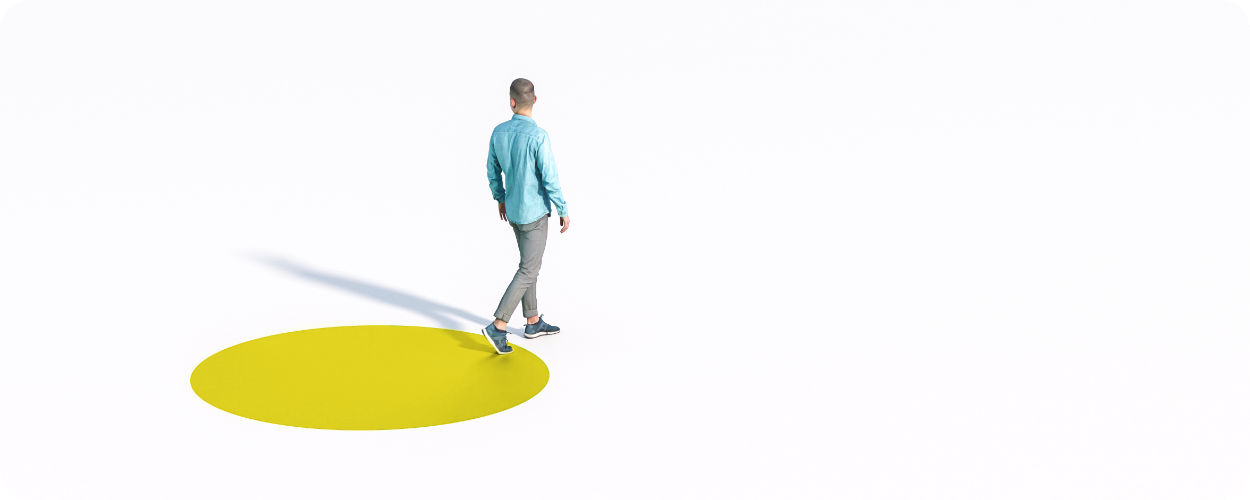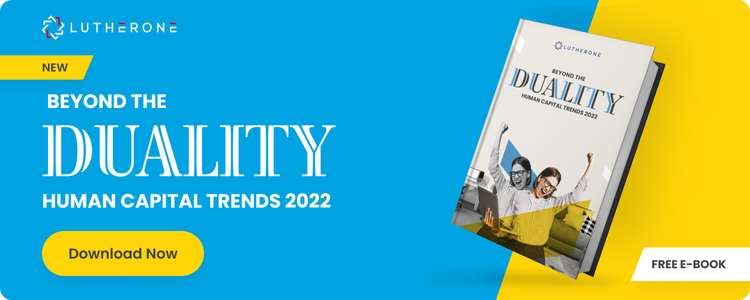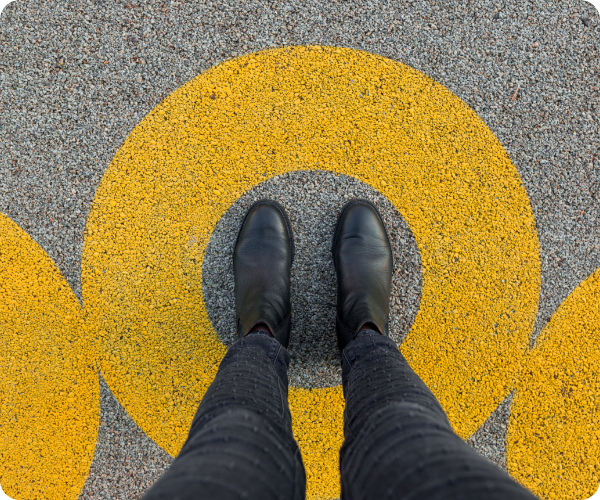EMPLOYEE ENGAGEMENT
Managing Change | A people Scientist's Perspective

If the past two years have taught us anything, it is that the only certain thing is that nothing is certain. People have had to fundamentally change their habits, the way they work as well as their day-to-day functioning to adapt to the acute crisis caused by the COVID outbreak.
Such change speed requires leaders to think and decide fast, and respond to developments immediately, often imposing more change on their organizations. But dealing with change is challenging under normal circumstances, let alone in the middle of a worldwide crisis.
To understand why, and to learn how businesses can better manage the change process, we turned to psychologist Barbora Dankova, the People Science Director at LutherOne. With two decades of experience in organizational psychology, professional diagnostics, and psychodiagnostic, she's helped dozens of organizations successfully manage various transitions.
Barbora, how do you perceive habits and the need to change them, from a psychologist's point of view?
B: In the Czech Republic they have a nice saying that a habit is like an iron shirt. And as you can imagine, such a shirt can both well protect but also limit us.
In what ways do habits protect us?
B: Sticking to habits makes us feel safe. Activities that we are used to, that we have (partly) automated, don't cost us much energy. At the same time, they feel familiar and therefore safe. If something has worked for us in the past, it has a tendency to give us a sense of security in the here and now.
But isn't that sense of security misleading?
B: Well, that's the other side of the iron shirt. It may protect us, but it also binds us. We may be able to move around the battlefield in an iron shirt quite safely, but we certainly can't dance in it, let alone do a somersault. It constrains us and in the long run, can even prevent us from growing. It becomes tight and forces us to be rigid.
So is it more beneficial to drop our habits?
B: I think it's beneficial to be able to be conscious of our habits. To be aware that we do some things out of habit and why. To be able to reap the benefits that come from habits, but also to be able to evaluate well when it is, on the other hand, much more useful to discard them early on and approach things in a new and unexplored way.
In other words, to really treat our habits like a shirt and put them on and off when it's appropriate.
Never miss a LutherOne article or e-Book: SUBSCRIBE
And what does the environment say? Won't we then be perceived as unauthentic and inconsistent if we behave differently every time?
B: Other people usually perceive us based on how our behavior affects them. They usually have no need to examine our motives and reasonings in depth. Moreover, we are the ones who bear the consequences of our actions in the first place. We should therefore choose strategies and actions that we consider to be functional and useful, and that resonate with our values, regardless of the impression they may give to others.
This does not mean behaving recklessly. If the value for me is to have good relationships with my environment and to be helpful, then one of the measures by which I choose the most useful strategy is the impact on others. But the primary goal of trying to please the environment or avoid criticism does not lead to the goal. Nor do we know how others will realistically perceive our actions. Our assumptions about acceptance may therefore be misleading.
It always makes more sense to act with a clear goal and vision of why I am doing what I am doing and where I am going, rather than just trying to avoid something. That often catches up with us. If you go down the stairs with the mindset of "just don't trip", you're much more likely to have that very thing happen to you than if you run down them with ease, with a vision of where you're running and what nice things await you there.
So, how can organizations benefit from this? Is it a good thing or a bad thing that the last few months, and indeed years, have made us forget our habits?
B: Humans have a tremendous capacity for adaptation. So even though the pandemic situation is evolving every day, even in such an environment we form new habits and routines and naturally replace the old ones with others. The important thing is to be aware of people's ability to influence things and their actions and help them create these habits and settle in them.
So the cure for everything is to make conscious choices?
B: Not the cure for everything, but it's definitely a good way to live in balance with yourself, including your weaknesses. Even bad decisions can move us incredibly if we are aware of them. They teach us what to do differently next time.
And does this relate to your work at LutherOne?
B: LutherOne gives us the opportunity to see things that are otherwise often hidden in companies. The data it provides to managers allows them to make informed decisions. It helps them understand how others perceive things and situations and thus enhances their ability to choose truly workable and useful strategies. Not just from their own perspective, but with an awareness of the wider impact, including future risks or, conversely, benefits. A colleague of mine once said a phrase that actually sums it up beautifully: what you don't measure, you don't manage.


